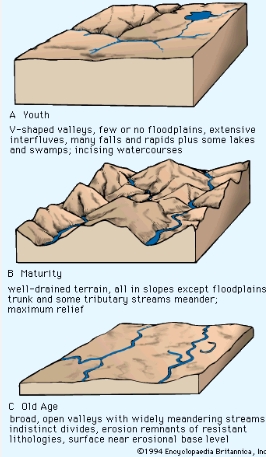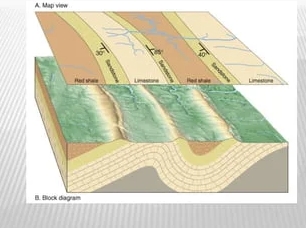exploding volcano
Massive Explosion: Volcano Erupts in Spectacular Display of Nature’s Power The eruption Mount Etna, one of the most active volcanoes in the world, has erupted in a stunning display of nature’s power. The eruption sent plumes of ash and lava shooting into the sky, creating a fiery spectacle that could be seen for miles around. […]


